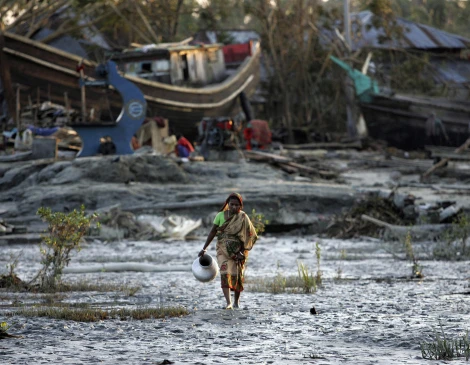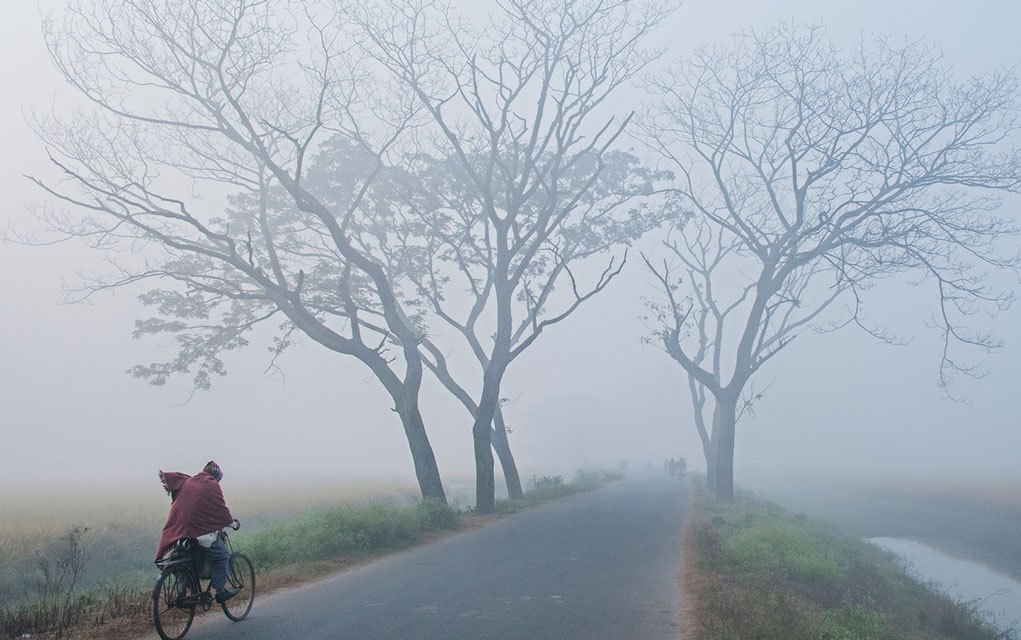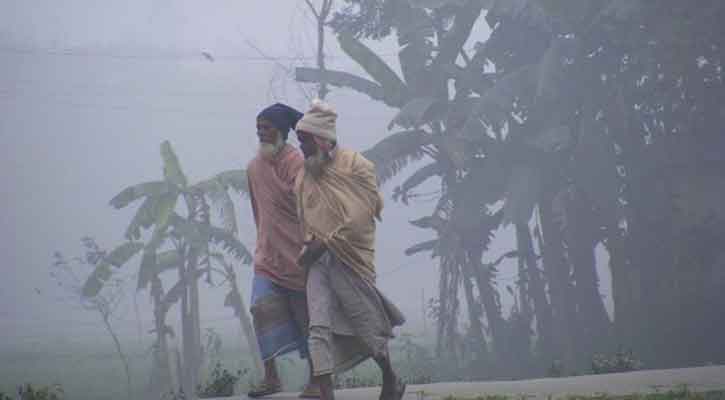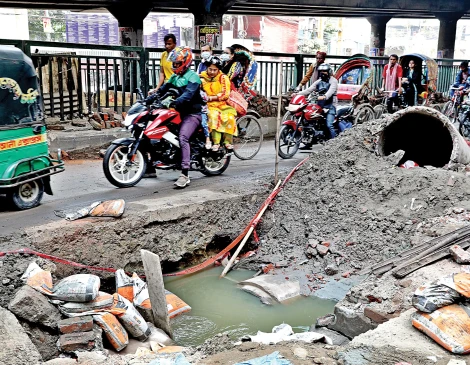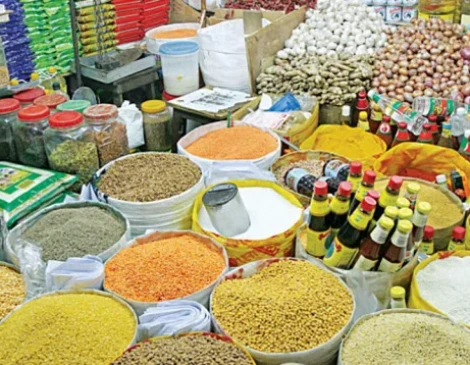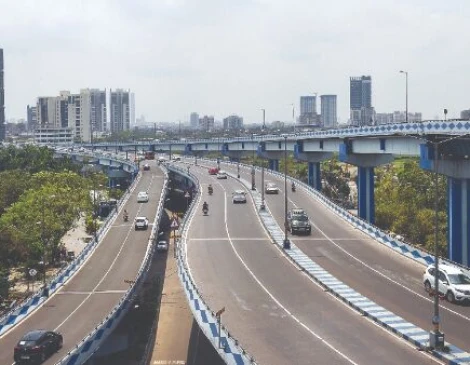For thousands of Bangladeshis fleeing climate-induced disasters, migration becomes a desperate yet costly solution. A recent survey by the International Institute for Environment and Development (IIED) reveals that nearly every migrant from climate-vulnerable regions of Bangladesh has faced some form of modern slavery while working abroad or internally. The study, titled "Exposed and Exploited: Climate Change, Migration and Modern Slavery in Bangladesh," highlights various abuses, such as wage withholding, restricted freedom, threats, physical violence, and harsh working conditions.
The survey covered 648 households from 33 villages in high-risk areas like Pirojpur and Sylhet, showing that the majority of migrant households, both internal and international, have been affected by modern slavery. The findings were alarming, with 92% of internal migrants and 99% of international migrants reporting at least one form of modern slavery. For international migrants, the situation was even worse, with many enduring multiple forms of exploitation.
The root cause of this crisis is climate change, which has led to a surge in natural disasters like cyclones and river erosion, severely impacting livelihoods. As a result, many families have migrated to urban centers or abroad in search of work, often ending up in exploitative industries. The study underscores the urgent need for interventions, such as improved climate finance, resilient infrastructure, and better regulation of recruitment agencies, to protect these vulnerable migrants and address the systemic issues leading to modern slavery.
- হোম
- বাংলাদেশ
বাংলাদেশ এর সর্বশেষ
-
Gas cylinder blast in Gazipur bus injures 7 people
created_at)); ?>
-
রাজধানীর সড়কে উন্নয়নের নামে খোঁড়াখুঁড়ি চলছেই, ভোগান্তিতে পথচারী
created_at)); ?>
-
লোকসানে ও ঋণের বোঝায় দেউলিয়া হয়ে পড়েছেন কৃষকরা
created_at)); ?>
-
Railway faces challenges with projects funded by Indian loan
created_at)); ?>
-
Is Bengali ready for the future?
created_at)); ?>
-
পল্টনের জামান টাওয়ারে আগুন
created_at)); ?>
-
সাজেকে অগ্নিকাণ্ডের পর ৫ সদস্যবিশিষ্ট তদন্ত কমিটি গঠন
created_at)); ?>



